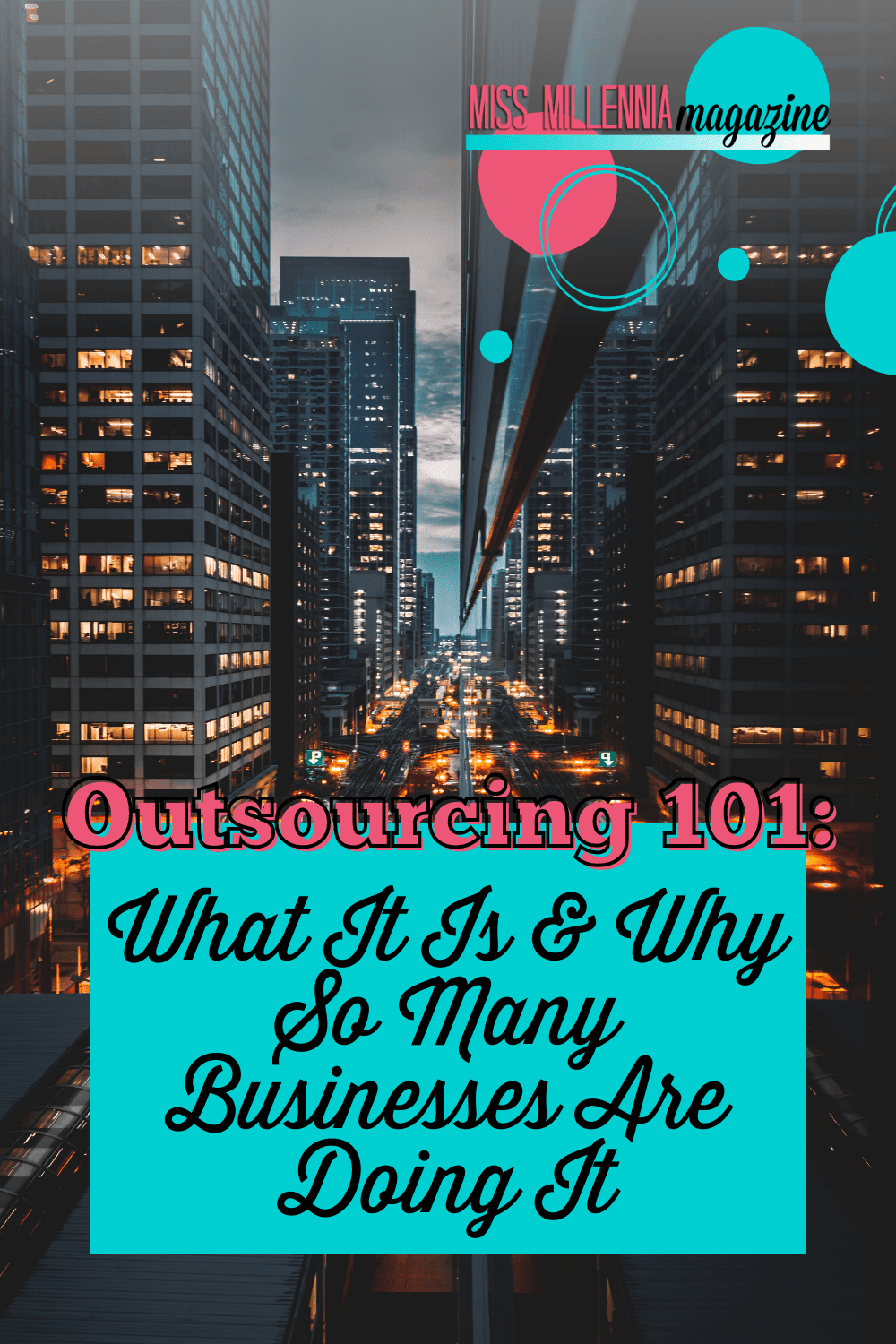7 Valuable Ways to Study for College Midterms
If you’re on a semester schedule in college, midterms are probably right around the corner. If you’re on quarters, finals will be here before you know it. Either way, you’re going to need some awesome study tips. Look no further than these seven!
1. Start Early
I know you’ve probably heard thistime and time again; maybe you’re even hearing your mother’s voice lecturing you as you read this. Don’t cram everything into the night before an exam. It’s tempting, believe me, but it’s easily avoidable. It definitely pays to begin about a week or so before your exam—perhaps even earlier if the subject isn’t your forte. I know that was my case in my Intro to Physics class in college (my major was English Literature).
2. Study with Others
This may not be ideal for everyone. Some people work much better studying on their own. For me, I always felt I absorbed more information when I had to help a friend or a small group study. Explaining information to another person helps you learn it too.
If studying with people doesn’t seem like your cup of tea, but you are also an audible learner, say the information aloud. Yes, your roommates may at first think you’re crazy and then just plain annoying (depending on how long you study), but it’s going to pay off.
3. Change Your Surroundings
Studying in more than one place can help make the material concrete. I don’t know if there is science behind this, it has just worked for me in the past. Doesn’t matter if it was in the library, a coffee shop, a sunny spot on a lawn, my desk, or an empty classroom. Moving spaces to study kept my surroundings fresh and made me feel like I wasn’t stuck studying for hours. My personal favorite spots were coffee shops with friends (even if we were studying different subjects), or empty classrooms with study groups.
4. Use your Textbooks
Believe it or not, your textbooks were not just purchased or rented to use as coasters in your dorm room. And they’re more than torture devices from your least favorite (and possibly sadistic) professor. They have useful information that can answer a lot of your questions. Don’t be afraid to dust ’em off and crack ’em open to look up different topics. You may want to use sticky notes and tabs for easy access to chapters or sections of text. Highlighters are useful as well.
5. Ask Your Professor or T.A. Questions
If you’re a bit shaky about a particular subject, don’t be afraid to go to your professor directly during their office hours. Or, if you feel brave, ask a question during class—chances are, other students are wondering the same thing and don’t want to be “that guy/girl” who asks. Many people will benefit if you ask good questions of your professors during an appropriate time in a lecture.
If you don’t feel comfortable asking the professor, and you know (or even recognize) the T.A., ask them a question. They’ve taken the class before and can be full of useful information to help you study. They are getting paid to assist the class, so don’t be afraid to ask them questions.
6. Use Multiple Methods
Don’t just look at your notes, but get ready to draw webs, charts, and other diagrams. Make flashcards in order to study effectively. Sometimes looking at the same information in a different format can help it stick. Break out your highlighters and the old colorful gel pens you have stored somewhere in the back of your desk. Use colors, symbols, and signs to mark information that relates to each other and group them together. There are also apps and websites where you can make electronic flashcards, which are great for studying anywhere you get internet service. For example, you can check out Stacks Flashcards, an app from Android, or you can explore Quizlet to make easy and environmentally-friendly flashcards.
When you feel sleepy and can’t get something in your head, create a story or acronym to help you. For example, when I was taking a survey of British literature course (until 1800, to be specific), we had to be prepared with some info about authors. I came up with this story: Samuel Pepys (pronounced Peeps) was not only a “peep”ing Tom (or just really sleazy with his house staff), but also “peep”ed a look at the Great Fire of London in 1666 and wrote about it in his Diary.
7. Reward Yourself
This hadto be one of my favorite study tips—especially when I was feeling drowsy or my focus was fading. Rewarding yourself for studying (or for finishing a section) is a great way to keep up your motivation. You can watch a funny SNL clip after you finish a chapter, eat a handful of M&Ms after memorizing a list of dates that are relevant to the topic, have a one-song dance party after finishing a page of your midterm paper. The point is, reward yourself for a job well done. Studying doesn’t have to be a boring all-nighter the night before your exam.
Happy studying!
For more resources and study tips refer to these sites:
22 Science-Backed Study Tips to Ace a Test
How to Improve Your Study Skills










